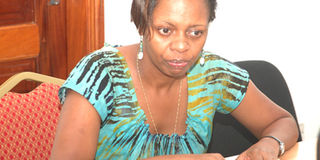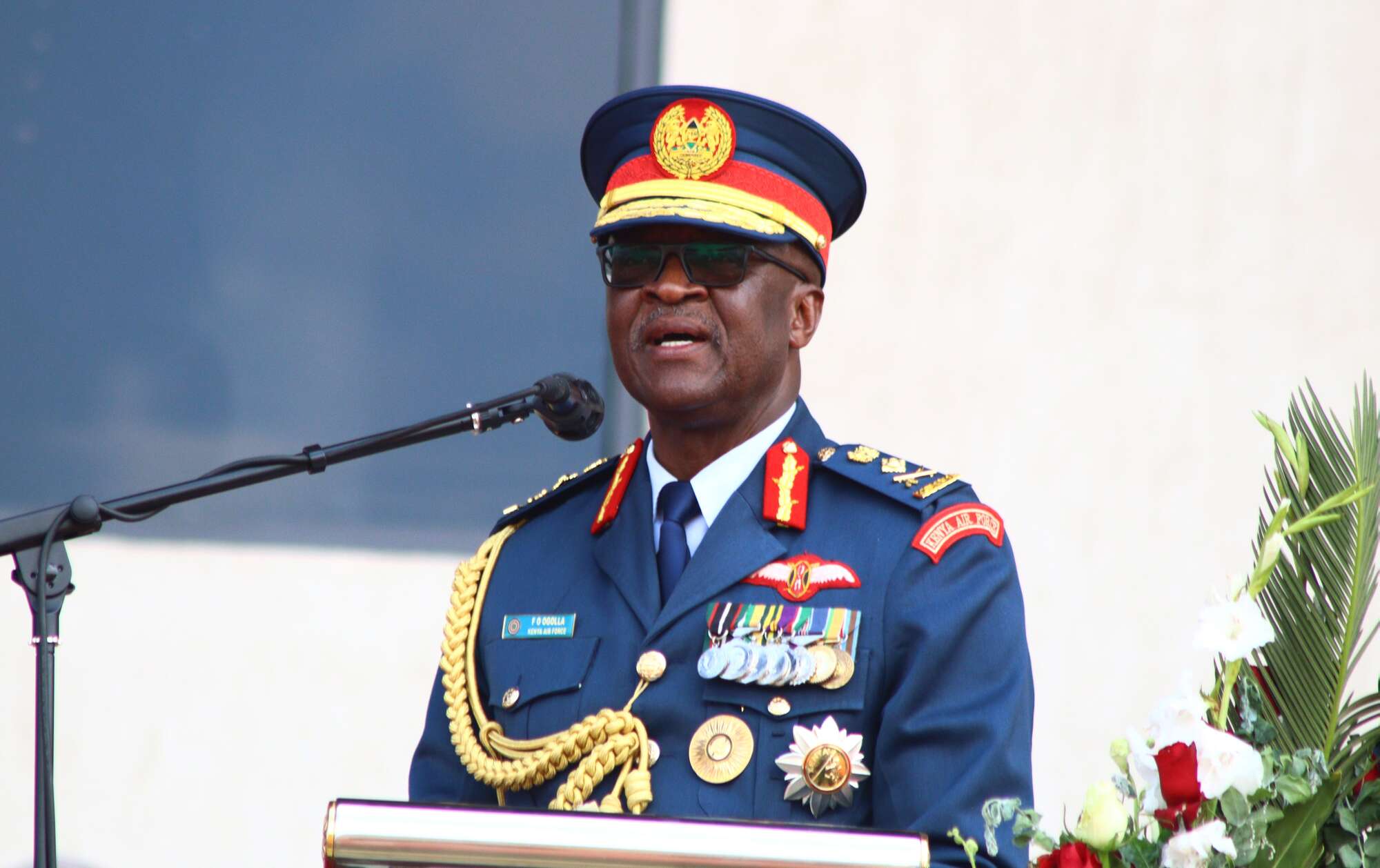INTERVIEW: Helping women find their voice

TEAM PLAYER: Ms Babiha. COURTESY PHOTO
The Forum for Women in Democracy (FOWODE) is organising a conference for women politicians ahead of the 2011 general elections. Saturday Monitor’s Emmanuel Mulondo met FOWODE Executive Director, Ms Patricia Munabi Babiha who talked about the issues that concern women and will be a subject of debate at the conference
Q: What is FOWODE?
A: It is a national forum, non-partisan, working for all women irrespective of their political affiliation. It was born in 1995 by some of the women representatives in the Constituent Assembly to help make the women’s voice more visible. The aim of the organization is to help women fill up political spaces to improve their welfare and that of all gender including men. The founders included Winnie Byanyima, Solome Mukisa, Betty Akech, Margaret Zziwa, Loyce Bwambale, Esther Opoti (RIP), Victoria Ssebagereka and Tezira Jamwa.
Q: What are some of the activities you are engaged in as an organisation?
A: We are engaged in voter education, civic education and we have trained women on how to organise and manage elections. The whole idea is to increase the visibility of the women’s voice, both the numbers and quality of their debate.
Q: What is this conference you are organising?
A: It is a Women in Politics Conference. It will run from June 14 to June 16. Our objective is to set a political agenda for women in the 2011 national elections and beyond.
Q: What do you expect to have achieved at the end of the conference?
A: We hope the conference will galvanise our voice as women from all over the country, irrespective of one’s political affiliation. It will be shared learning with lots of information.
Q: What are concerns about the quality of debates by some of our leaders?
A: We recently did some research at the sub-county level and found that most of the women there are hardly literate but are taking decisions that affect the communities. This is an issue we want to bring on the agenda. We did an analysis on five major political parties in 2007, looking at their manifestos and documents such as the constitutions. We found out that virtually all the parties had made blanket commitments without putting in place clearly laid down procedures that would enable them meet these commitments in terms of resources both human and financial.
Q: What are the other challenges?
A: Generally the way women are socialised, they are brought up to be private not public. So we have shown them examples of women in public life. Then the systems themselves remain patriarchal. For example when you have Parliament sitting beyond the normal hours, what does this mean to women who still have their gender roles to play.
Q: You talked about international participation . Who are the international speakers expected at this conference?
A: We expect Her Excellency Ellen Sirleaf Johnson, President of Liberia. Participants will be inspired to hear from her- what the issues are. Her presence itself will be an inspiration for the women.
Q: The picture one gets is that the situation of women in Uganda leaves a lot to be desired. What are the issues that go to the root of this matter?
A: From the feedback we are getting, the issues remain economic empowerment, sexual and reproductive health rights. All these feed directly into the Maputo protocol (African charter on human and Peoples’ Rights on Women) and since Uganda will host the African Union Summit in July, it’s only right that government ratifies this protocol before the summit. We are talking about the crude abortions that are taking place, the long distances to health centres, there are no drugs in the health centres, there are not enough medical personnel. And what do we see, the biggest budget cuts, health is one of them.



